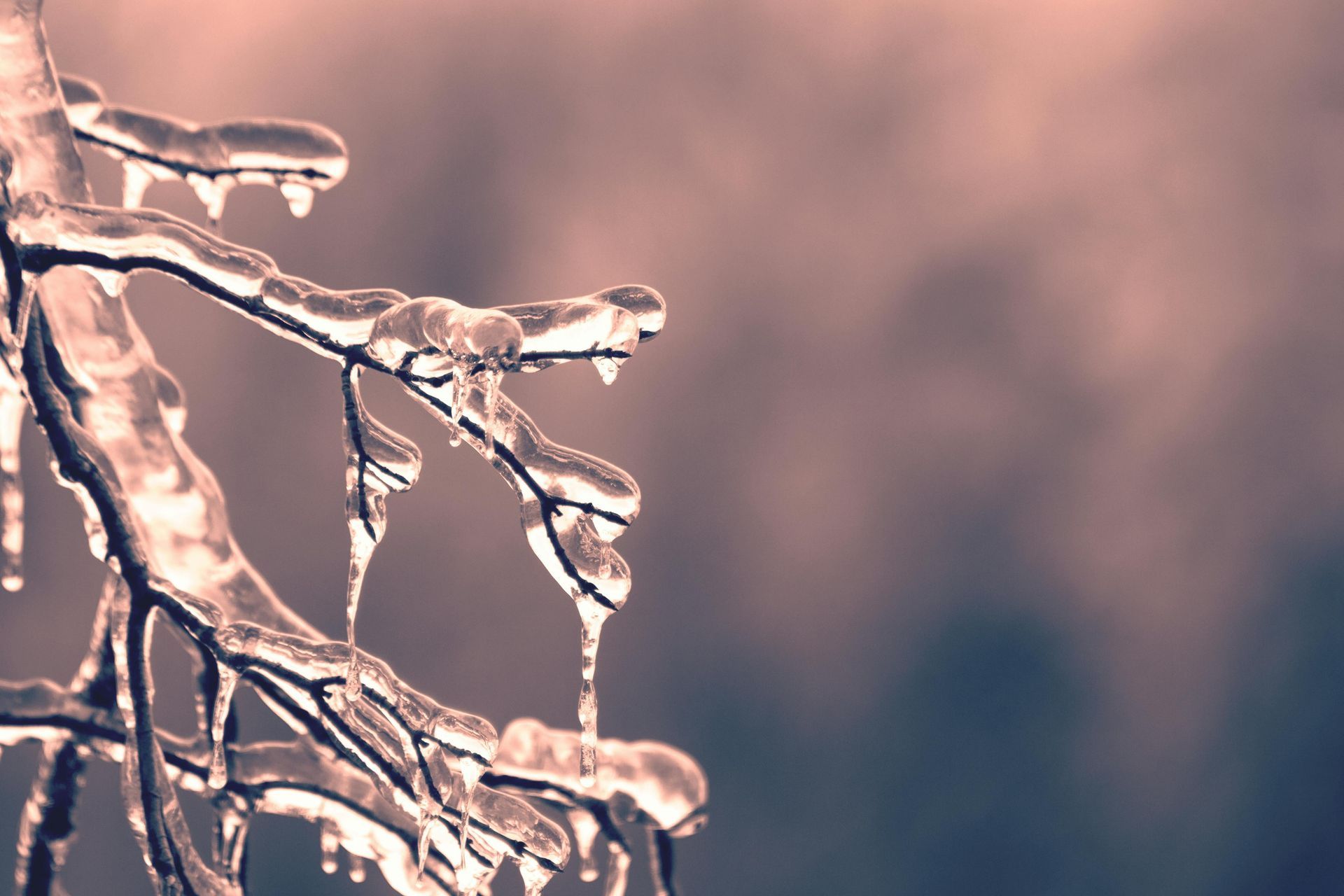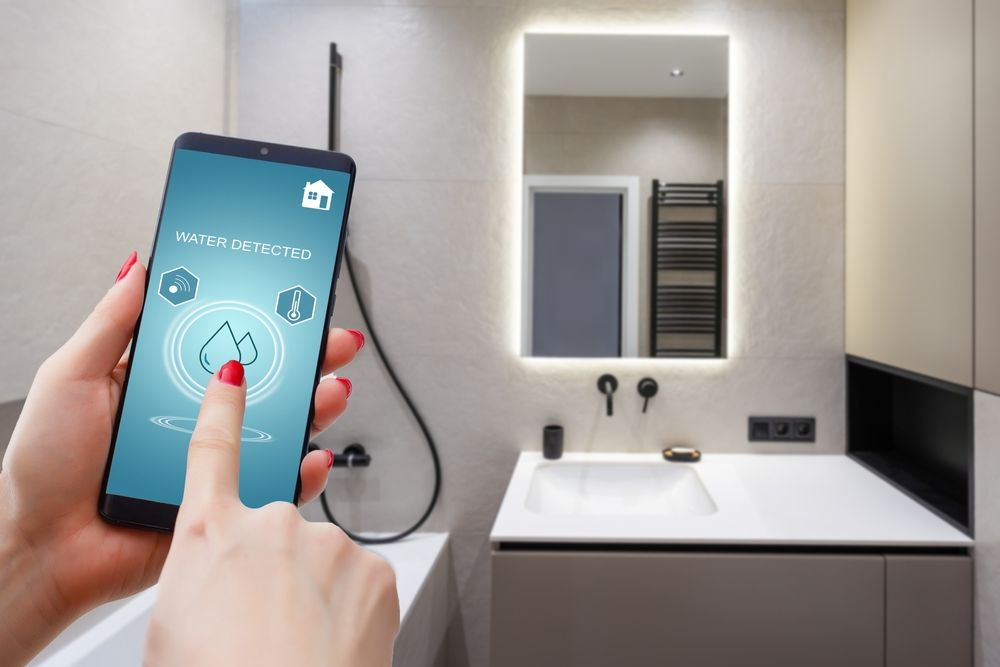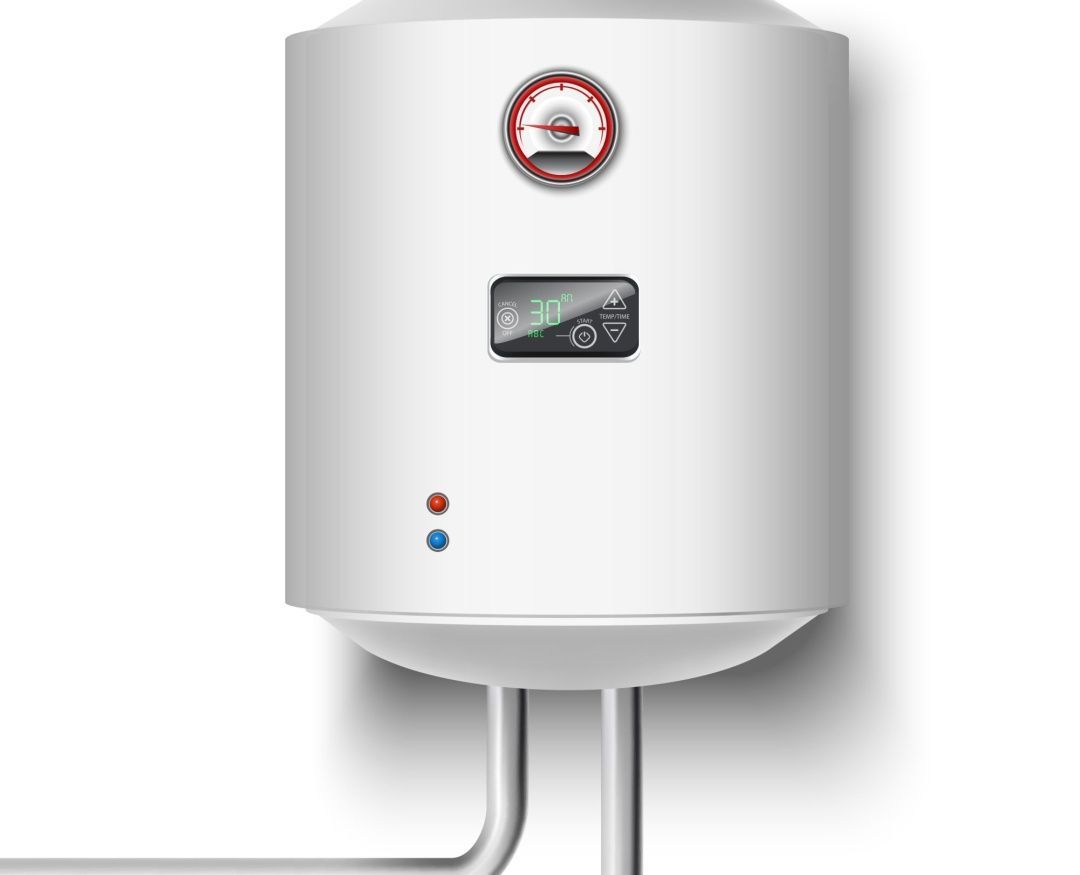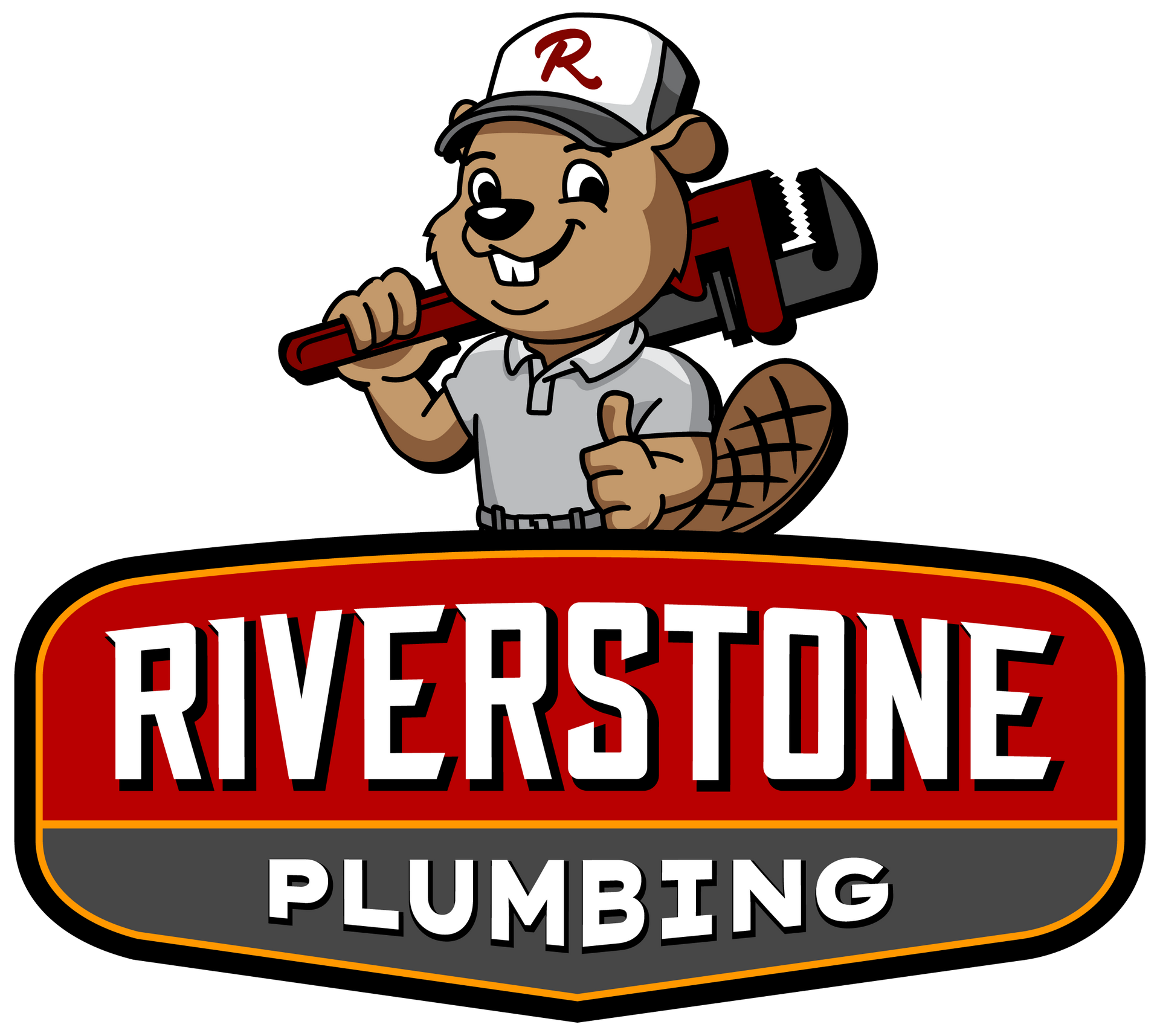Everything You Need to Know about Water Heater Maintenance and Replacement
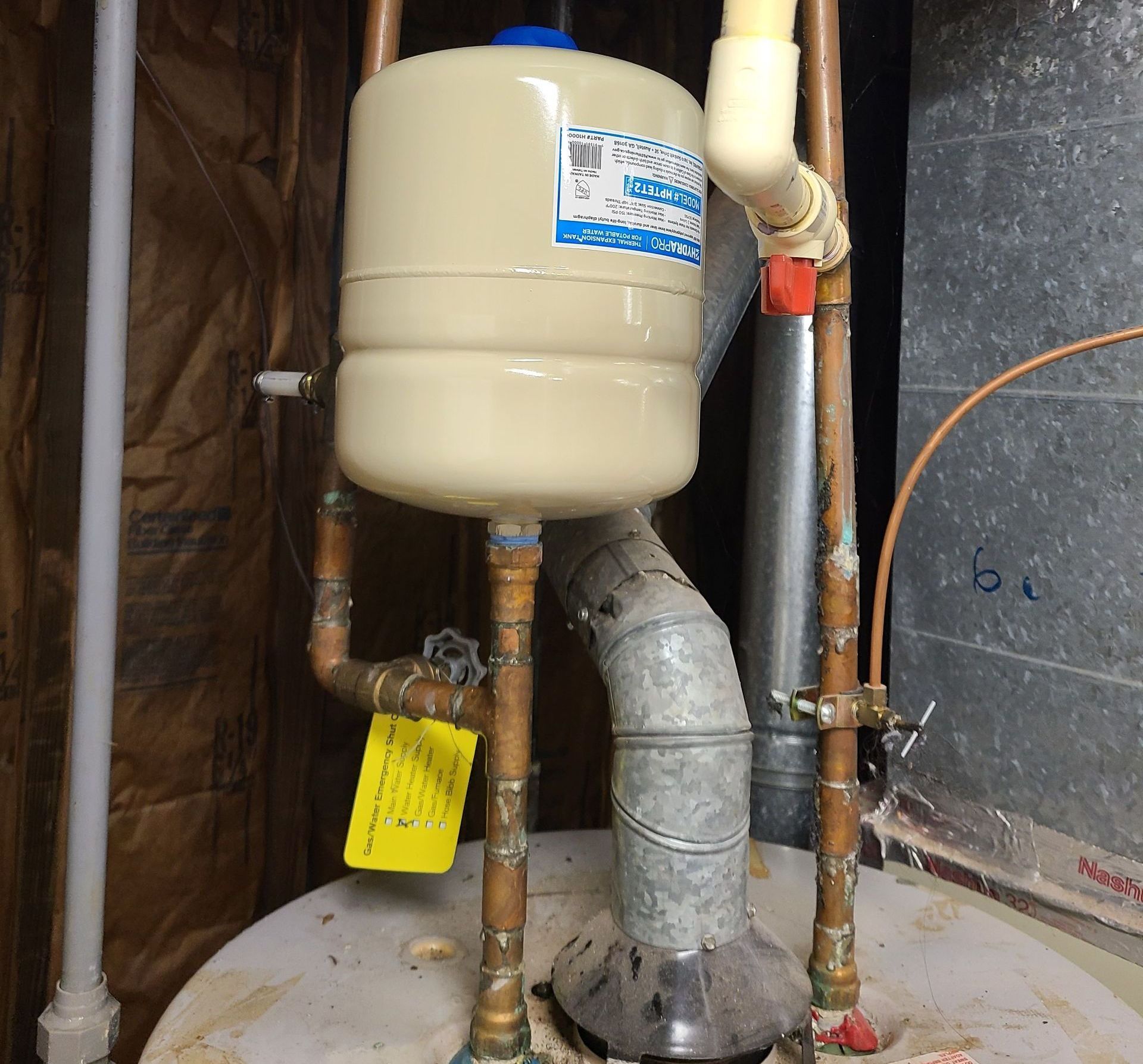
Your water heater plays an important role in your everyday life, providing the hot water you need for cooking, cleaning, and bathing. Proper maintenance makes sure that it runs efficiently, lasts longer, and prevents costly repairs. But even with great care, all water heaters eventually reach the end of their lifespan and need replacing. This guide walks you through tips for maintaining your water heater and knowing when it’s time for a replacement.
Maintaining Your Water Heater for Optimal Performance
Routine maintenance can extend the life of your water heater and keep it functioning properly. Follow these tips to make sure that you keep your system in great shape:
1. Flush the Tank Annually
Over time, sediment builds up inside the water heater tank, reducing its efficiency and potentially damaging the unit. Flushing the tank annually removes these deposits and improves overall performance. To do this, turn off the unit, connect a garden hose to the drain valve, and flush the water until it runs clear.
2. Inspect the Anode Rod
The anode rod is a critical component in your water heater, as it protects the tank from rust and corrosion. Check it every one to three years and replace it if it shows excessive wear. If the rod is less than ½ inch thick or coated in calcium, it’s time for a new one.
3. Adjust the Temperature Settings
Keep the thermostat set between 120°F and 140°F. Temperatures higher than this can cause scalding and speed up mineral buildup in the tank. Conversely, setting it too low can promote bacterial growth.
4. Check for Leaks
Inspect around the base of your water heater for moisture or pooling water, as these could indicate a leak in the tank or valves. Addressing small leaks promptly can prevent larger issues down the road.
5. Test the Pressure Relief Valve
The pressure relief valve makes sure that your water heater operates safely by releasing excess pressure. Lift the valve’s lever and check if water flows out. If it doesn’t, or if it leaks, the valve likely needs replacement.
6. Insulate the Tank and Pipes
Insulating your tank and pipes can help retain heat, lowering energy consumption. Use insulating blankets or foam pipe sleeves to reduce heat loss, especially during colder months.
Knowing When It’s Time for a Replacement
Even with proper maintenance, water heaters typically last between 8 to 12 years. Here are signs that you may need to consider replacing your unit:
1. Age of the Unit
If your water heater is nearing or past the 10-year mark, start planning for a replacement. Check the manufacturer’s label to verify its age.
2. Frequent Repairs
Are you calling a plumber every few months? Frequent breakdowns or issues may signal that your system has reached the end of its useful life.
3. Rusty Water
If the hot water coming from your taps appears rust-colored, it’s likely a sign of tank corrosion. While changing the anode rod might help in earlier stages, extensive rust usually means the tank needs replacing.
4. Lack of Hot Water
Are you suffering from inconsistent hot water or running out more quickly than before? This could point to an aging system or a failing heating element.
5. Unusual Noises
Popping or rumbling sounds during operation are often caused by sediment buildup, which hardens over time and hurts your system’s efficiency. Persistent noise might indicate it’s time for a new unit.
6. Higher Energy Bills
An older or failing water heater consumes more energy, leading to increased utility costs. A new, energy-efficient model can save you money in the long run.
Choosing the Right Replacement
When it’s time to replace your water heater, you’ll have several options to consider. Here are the main types available:
- Tank Water Heaters: Traditional storage tank models are affordable upfront but may have higher operational costs.
- Tankless Water Heaters: These energy-efficient units heat water on demand, saving space and reducing energy usage.
- Heat Pump Water Heaters: Ideal for energy-conscious homeowners, these use ambient air to heat water, significantly lowering energy consumption.
Speak with a plumbing professional to determine the best system for your needs, home size, and budget.
Why Professional Replacement Matters
Replacing a water heater is not a simple DIY project. Improper installation can lead to safety hazards, decreased efficiency, or even damage to your home. Hiring a professional plumbing expert makes sure that the job is done correctly, adheres to local codes, and includes proper disposal of the old unit.
Riverstone Plumbers specializes in water heater maintenance and replacement, offering expert service and transparent pricing. Whether you need help keeping your system in top shape or installing a brand-new unit, we’ve got you covered.
FAQs About Water Heater Maintenance and Replacement
How often should I flush my water heater?
Flushing your water heater once a year is generally recommended. However, if you have hard water, consider doing it more frequently to prevent sediment buildup.
What size water heater do I need?
The size depends on your household’s water usage. For example, a 40-50 gallon tank is often sufficient for a family of four, while homes with higher demand may require larger tanks or a tankless system.
